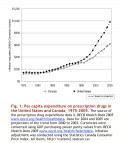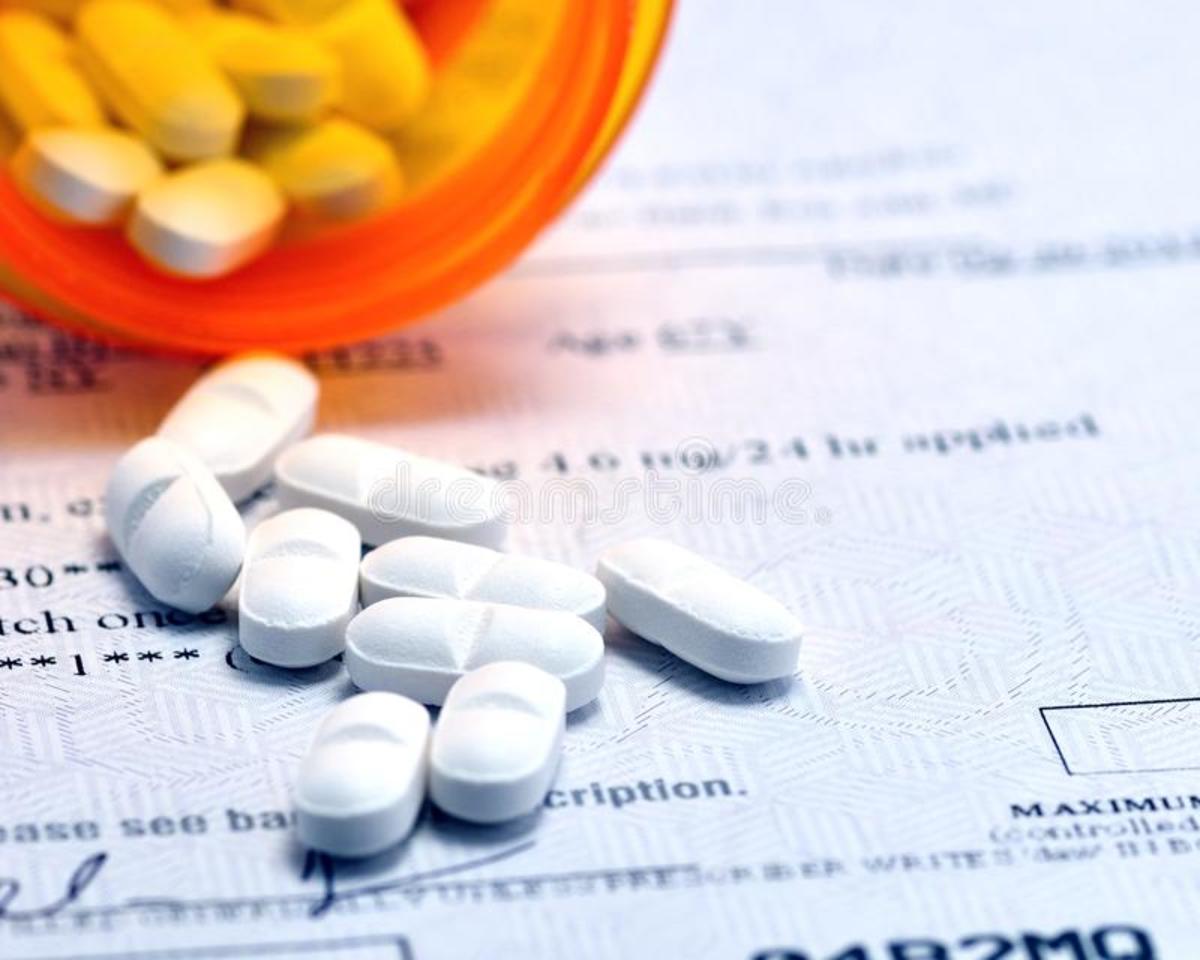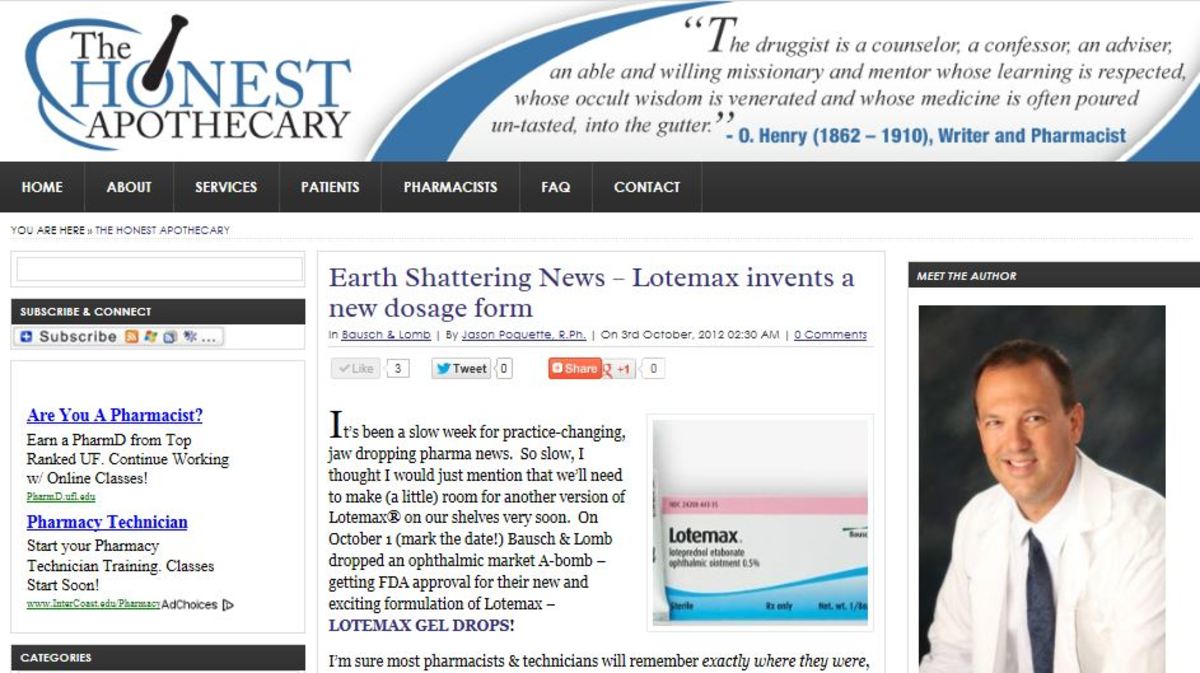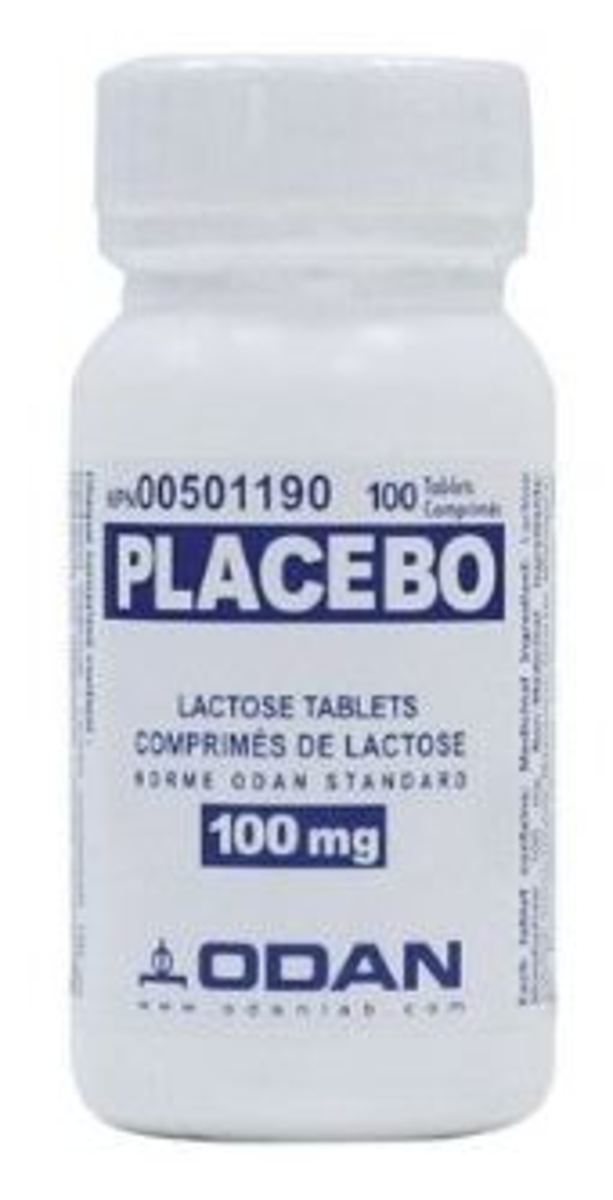All about Generic Drugs and Ways to Save Money on Prescription Medications
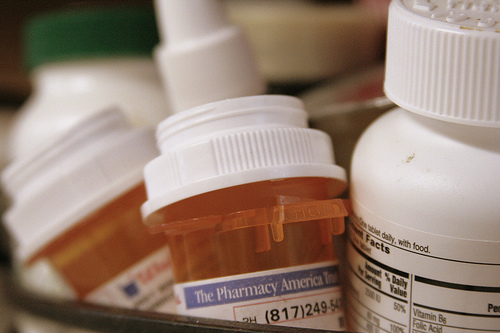
Medications are extremely expensive in the United States, especially for people without insurance coverage. Even people with insurance coverage will sometimes find that a medication they require is not on an insurance company’s formulary. This results with either paying cash for the medication or opting to take a medication that is less effective and/or has undesired side effects. There are also people who simply can’t afford the monthly expense of maintenance medications, opting to either take less of it so it lasts longer—which is extremely dangerous—or forego purchasing their prescriptions altogether in order to pay for food and other basic living necessities.
Generic Drugs versus Brand-name Drugs
It is estimated that generic equivalents save consumers $8 to $10 billion dollars a year on prescription drugs. More and more people are accepting the fact that generic drugs, when available, are just as safe and effective as brand name drugs; however, there are still millions of people who don’t believe that this is the case.
It is important to realize that all medications must be FDA-approved prior to being marketed in the United States. This is true for both generic and brand-name drugs.
Generic drugs MUST be identical to its brand-name counterpart in these ways:
--active ingredients
--dosage
--route of administration (oral, injection, suspension)
--strength
--safety
--intended use
--quality
--performance characteristics
The only differences between generic drugs and brand-name drugs are the inactive ingredients like dye (for color) or wax (for coating) and cost. A generic drug can’t look identical to the brand-name drug and, therefore, generic drugs will often have different sizes, shapes and/or colors.
Some people do find that a generic equivalent will cause some negative side effects that they didn’t experience with the brand-name drug, but this is also true the other way around.
Again, one of the differences between brand-name drugs and generic drugs are the inactive ingredients, and people will have different reactions to these ingredients. If you have experienced a bad side effect from a generic equivalent, it was due to these “filler” (inactive) ingredients—not the active ingredients. Just because someone has experienced side effects with a generic drug, doesn’t mean that all generic drugs will result with negative or unwanted side effects. It also means that someone might not have a negative side effect when using a generic drug made by a different drug manufacturer.
For more info on generic drugs, visit the FDA:
Why are generic drugs cheaper than brand name drugs?
Generic drugs are cheaper than its brand-name counterparts for several reasons:
--Generic drug makers did not spend time and money on research, development, and marketing (advertising) and, therefore, have fewer costs to recoup.
--The chemical make-up of the drug is already known and proven to work. There is little-to-no work involved in making the drug, except to prove to the FDA that the generic version works just as well as the original, brand-name drug.
--Generic drugs, once allowed to be marketed, will open the market to competition which drives prices down. When this happens, the brand-name drug will often lower its prices, too, and, as a matter of fact, will sometimes offer a generic version of the drug, called authorized generics.
Is there always a generic equivalent to a brand-name drug?
No. Many people assume that there is a generic equivalent available in the United States for all brand-name drugs, but this isn’t the case.
To find out if there is a generic drug available, do a search at the FDA
How do I know if a generic drug is available?
When searching the internet for generic Cialis, for example, you will find millions of search results claiming that you can purchase a generic version of Cialis. This is completely false. There is not a generic Cialis available in the United States. This is going to be true for a long list of drugs that do not have a generic equivalent available.
Google a generic version of a drug, and you will find it, even if it doesn’t exist and/or isn't available in the U.S. This can be extremely dangerous for people who don’t realize that a generic equivalent is unavailable. People who order generic equivalents over the internet, when a generic equivalent does not exist, may find that they have been given, at the least, a sugar pill, and at the most, something that will be deadly.
To find out if a generic version of a brand-name drug is available, you should ask your physician.
You can also visit the FDA website and do a search by entering the brand name or active ingredient. If there is not a generic equivalent for a drug that you are searching for, the results will indicate: There are no Therapeutic Equivalents.
Information on Patent Laws and Exclusivity Rights from the FDA
Why are some brand-name drugs not available in generic form?
A little information on patents and exclusivity:
When a company develops a new drug, it has spent both time and money on research, development, clinical trials, marketing, etc. In order to recoup these costs, drug companies are allowed to temporarily block competitors from marketing the drug by using both patents and exclusivity rights, and the United States is very generous to drug companies in regards to patent laws and exclusivity rights.
In the past, drug makers have been able to renew patents time and time again, referred to as “evergreening”. This can be accomplished by simply changing the inactive ingredients, thus extending the patent, or by filing lawsuits in court, and until the legal matter is settled, other drug manufacturers are barred from marketing a generic version.
While a patent protects intellectual property from the time of invention and, therefore, can be granted at any time during the developmental stages of a new drug, exclusivity is granted upon the drug’s approval by the FDA.
Exclusivity rights grants a drug company the sole rights to market the drug, barring other companies from selling a generic equivalent. Again, without competition, drug companies have the ability to charge whatever it wants, because there is no competition and no other options available for the consumer.
Patents can last for up to 20 years, sometimes longer. Exclusivity rights can be as long as seven years. During this time, generic equivalents are not available in the United States.
And although foreign countries do have patent laws and exclusivity rights, U.S. laws are more generous than most of these foreign countries. So, sometimes, generic drugs will be available in other countries before they are available in the United States, even generic drugs offered by the brand-name manufacturer.
Ways to Save on Prescription Medications:
Obviously, the first way to save on prescription medications is to use the generic equivalent, but there are other ways to save money, too:
--Obtain a prescription for an increased dosage. Find out if you can increase your dosage and cut your pills in half. This means, for example, if you take a medication that is 50mg, but the pills also come in 100mg, a prescription for the larger dosage will give you twice as much if you cut the pills in half. Although the higher dosage may cost slightly more, it is still less costly because the price consideration is based, mostly, upon quantity.
--Ask your doctor for samples. Physicians are visited by representatives employed by drug companies on a daily basis. These representatives are more than happy to provide a physician with samples in order to promote their product. If a physician runs out of samples, the office merely needs to pick up the phone to call the representative for more samples.
--If you have insurance, check to see if your prescription coverage includes a mail-order pharmacy. This would be something that you would want to consider if you take maintenance medications. It is more convenient, and it can save patients hundreds of dollars a year in copayments.
--Shop for the best price. If you don’t have insurance, you will want to call several pharmacies and price your prescriptions. Prices are not set in stone, and different pharmacies will charge different prices for the same medications.
--Look into patient assistance programs offered by drug companies. You can ask your physician if he/she is aware of any patient assistance programs or you can visit a drug company’s website.
For example, as of today’s date, Pfizer is currently offering about 12 different programs that will help people with the costly expense of prescription drugs. These programs include co-pay reimbursement, free or reduced medications for unemployed and/or low income individuals and families, promotional offers, discounts on cancer medications, etc. Some of these programs require a phone call to the company, some require an application that can be filled out on the drug company’s website and some require income verification while others do not.
--Check the drug company’s website for printable coupons, especially for medications that are not usually covered by insurance (smoking cessation products). This would be true for not just prescription drugs, but also for over-the-counter medications. For example, Tylenol’s website offers a $1.00 coupon on any Tylenol product; Alka-Seltzer’s website offers $1.00 coupon, etc.
Online Pharmacies
Many people flock to the internet in search of an online pharmacy that offers low prices for prescription medications. If you are thinking about using an online pharmacy other than the one recommended through your health insurance, please read Risks, Legalities of Using Online Pharmacies.
- How to Get Free Prescription Drugs from Your Doctor
If you don't have insurance or recently lost your health insurance, you need to speak with your doctor, as he is able to provide you with your medication...free of charge.


